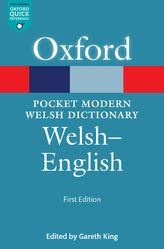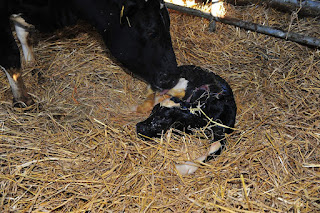Mwy iddo na hyn!
 |
| oxfordreference.com |
English voices
down time,
snatched comment remembered
and taken to the core of his being.
'You're different.'
'You're argumentative.'
'You interrupt.'
'You're too emotional.'
'You've had a sheltered upbringing.'
'You have that wonderful voice,
so tuneful and sibilant.'
'We went to Wales and they spoke English,
deliberately, to exclude us.'
'Oh the Welsh! They're devious but very musical,
warm but slightly untrustworthy
and cool to the English in the North.'
'And you'll be following the rugby, won't you?'
If only you could see within his heart there lie
a wealth of riches from two languages,
a history steeped in poetry and myth,
vision shaped by majestic countryside
and hard-working, loving, close-knit community -
a Celtic, egalitarian heritage,
a place of nurture where
politics and faith and life
are open to passionate debate.
Is your imperialistic fear born
of not being able to understand the words?
Linguistic difference poses a threat you can't control?
snatched comment remembered
and taken to the core of his being.
'You're different.'
'You're argumentative.'
'You interrupt.'
'You're too emotional.'
'You've had a sheltered upbringing.'
'You have that wonderful voice,
so tuneful and sibilant.'
'We went to Wales and they spoke English,
deliberately, to exclude us.'
'Oh the Welsh! They're devious but very musical,
warm but slightly untrustworthy
and cool to the English in the North.'
'And you'll be following the rugby, won't you?'
If only you could see within his heart there lie
a wealth of riches from two languages,
a history steeped in poetry and myth,
vision shaped by majestic countryside
and hard-working, loving, close-knit community -
a Celtic, egalitarian heritage,
a place of nurture where
politics and faith and life
are open to passionate debate.
Is your imperialistic fear born
of not being able to understand the words?
Linguistic difference poses a threat you can't control?
Yet he stands complicit in your desire to subjugate
and explore a wider, flatter landscape.
Welsh voices,
each time he returns,
gathering impetus,
crescendoing to drown him out.
'You don't speak Welsh?
Oh, but you do understand it?
(Beth ydw i wedi ei ddweud?)'*
'Your Welsh is too formal,
too English,
too posh.'
'It's Aberystwyth Welsh, very Taffia.'
He speaks in Welsh,
the reply comes in English.
'Where's he from?'
'Who's his father? Did you know him?'
'Twenty five years he's been in England.'
'Don't you bring that Saes** air of entitlement!'
If only you would let him join you
with his faltering speech and un-Englishness,
but you silence him with your perpetual
examination of how Welsh his Welshness is
and fixation on the pedigree of his conversation.
And when he's reduced to uttering nothing,
you wonder why he crossed the border
to chase and find the voice denied him.
Does his flight compound
some imagined sense of inferiority,
posing a threat you can't restrain?
Yet he's complicit in your uncertainty,
anxious, too, at the loss of Welsh identity.
He is nowhere, nowhere,
roots dug up and thrown aside
mocked by the very fruit they produce.
He gasps for the air of understanding,
thirsts for the waters of kindness
and finds his resilience in independence.
*(What have I been saying?)
** English
© Janet Henderson August 2015
The title of the poem means 'There's more to him than this!' The poem describes a condition of being caught between two cultures and belonging, or perhaps being allowed to belong, to neither. Creative as this tension can be, it is also profoundly disturbing and isolating. The use of stereotype and cliche is intended to build the sense of frustration and annoyance - can't people see beyond this?






Comments
Post a Comment